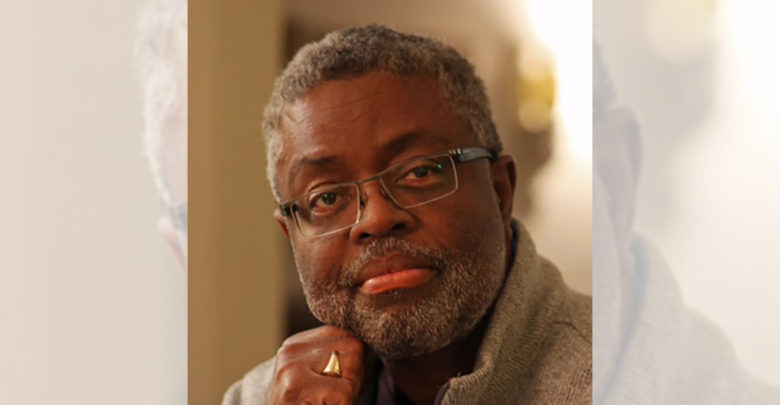 Supplied
SuppliedUpcoming research by Andy Knight, a University of Alberta professor of international relations, plans to assess to what extent white supremacy and xenophobia have infiltrated the Canadian military, and how this can be remedied.
Knight has conducted previous research into violent extremism that was used by the United Nations to combat terrorism. He noticed a general rise in hatred and intolerance of differences and began to look into where instances of white supremacy were emerging from.
“They’re so used to a particular person in the military that the composition of the military doesn’t really reflect the diversity that Canada is today, and I think it’s one of the challenges that we have.”
He believes this could be a result of built-in bias, as many individuals do not fit the traditional character of the “white male warrior soldier.”
Many individuals may also have the experience of being “othered” for their differences, and may even leave the military as a result, Knight said.
“I’ve had a few people tell me ‘I joined the military in good faith and I left after eight years because I couldn’t stand the kind of hazing and the attacks on me as an individual.'”
Knight plans to circulate a questionnaire to evaluate recruitment practices, in the hope of understanding what the recruitment process is like, and why the culture of the military might be comfortable for white supremacists.
“I had one comment that startled me where this individual said ‘I came into the military with a whole bunch of young recruits. Some of them said to me that they joined the military so they can have the skills necessary to be able to kill brown or Black people,'” he said.
According to Knight, this individual left the military due to similar repeat instances that were difficult for him to stomach.
“There ought to be some sort of screening process to to make sure that you weed out those individuals before they get into the military, but somehow they’re getting into the military anyway.”
An important reason for the military to become more diverse is because of Canada’s long history of peacekeeping in countries such as Haiti, where the population is majority Black people, Knight said.
“Some of those individuals need to be reflected in the makeup of the military, and then perhaps we will be more accepting of the local population that we tend to serve, and they would be much more accepting of us as an institution.”
His research is being funded by a Targeted Engagement Grant from the Department of National Defence. This indicates that the Canadian military want to see a change in their institution, said Knight.
Knight said although most of his interactions with Canadians who are loyal to the military regarding the research, have been positive, some are not as supportive.
“There are not a lot of people, so I’m not too worried. I want to get a little concerned when the attacks are personal and then I start to feel that my life is threatened.”
Structural racism is not exclusive to the military, Knight said. He has recently been made the Provost Fellow in the first Black Excellence and Leadership, and part of his new position is identifying where there are instances of structural racism, particularly anti-Black racism, at the U of A. These initiatives to create a more inclusive university community have resulted in 12 new Black faculty members being hired.
“[If] students in high schools see Black faces as teachers, and professors, and in senior administration, or in the staff, they might be more drawn to the university than before.”
Knight recommends his podcast BlackTalk to all students. The podcast aims to “leave listeners with new perspectives about anti-Black racism and Black achievement.”




